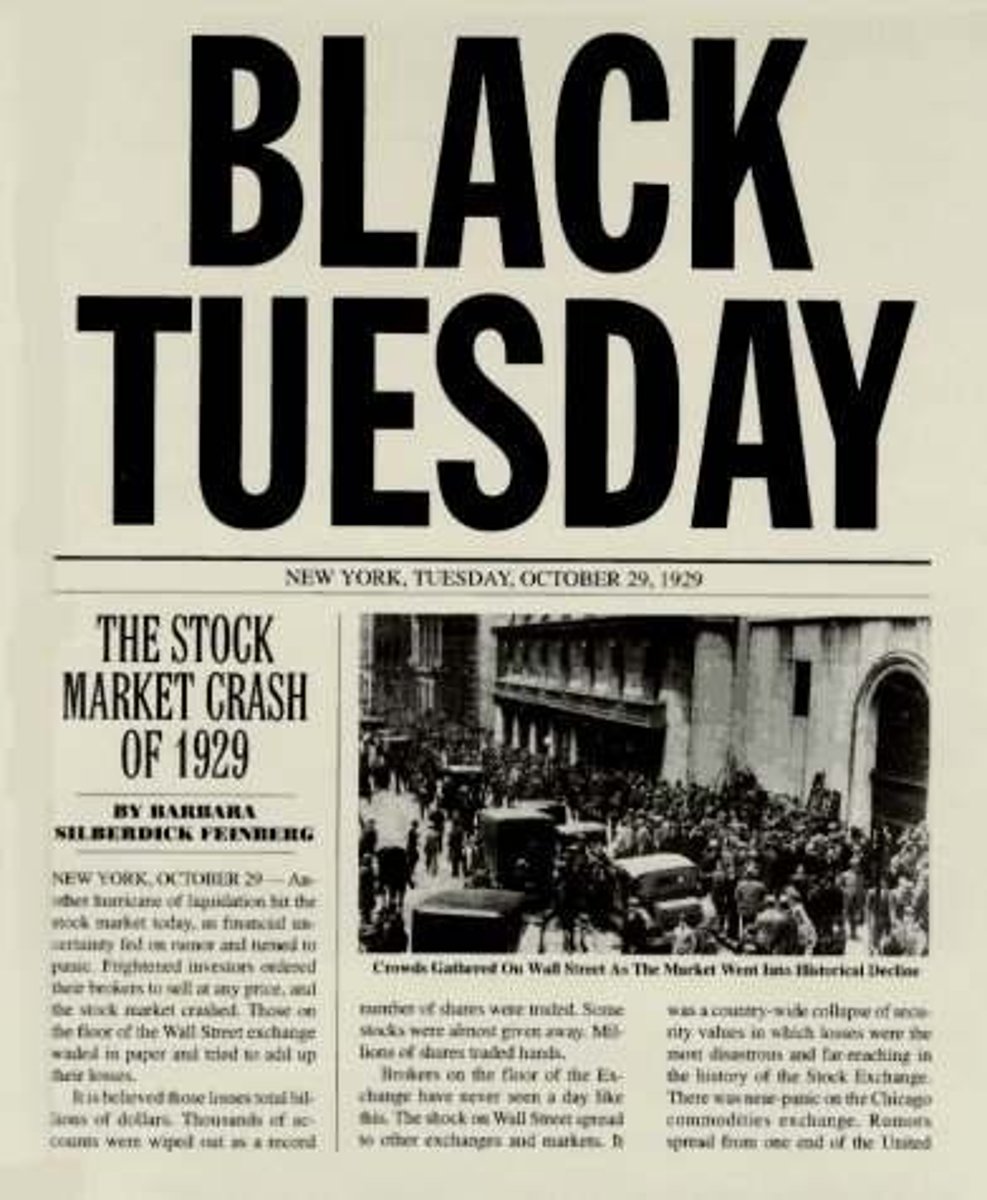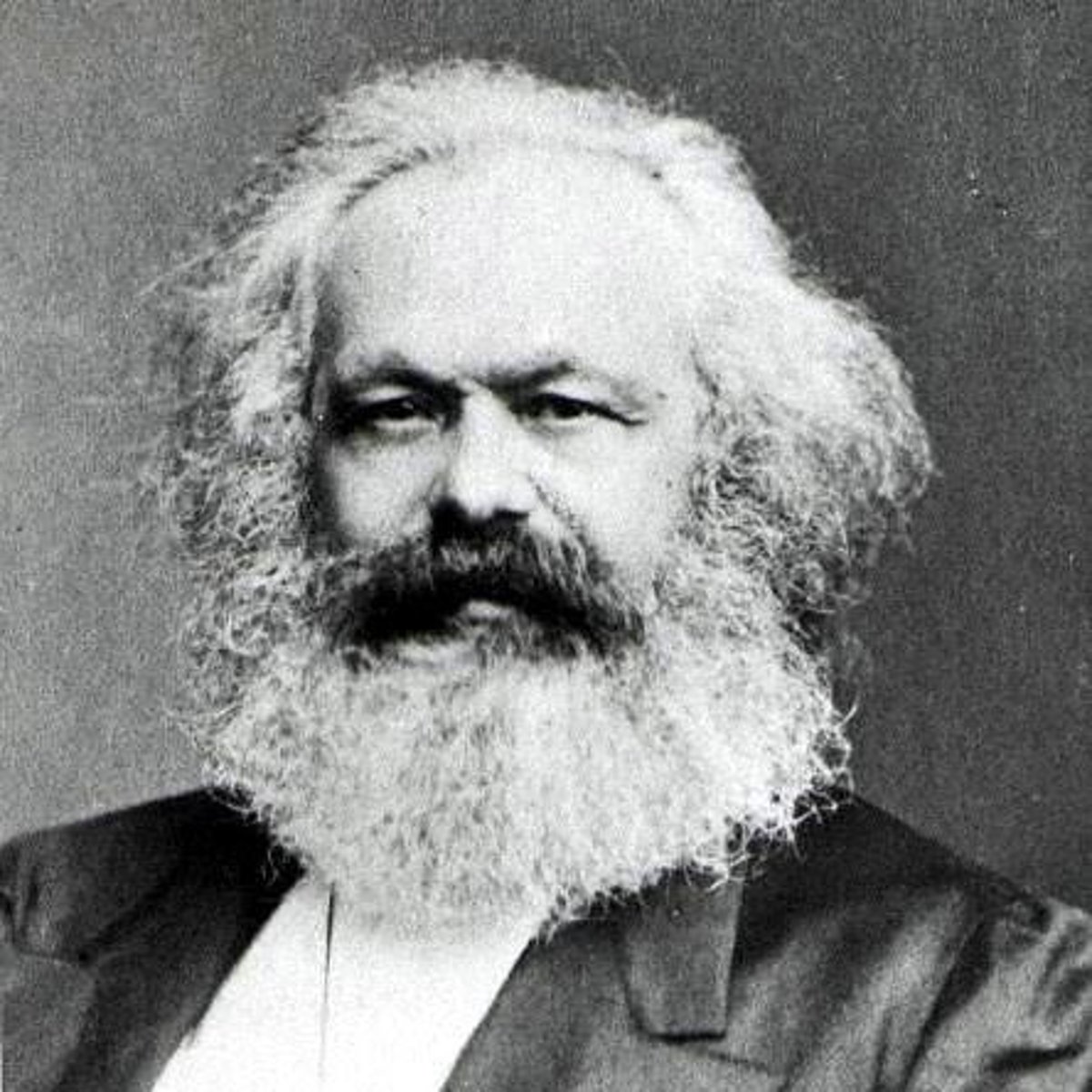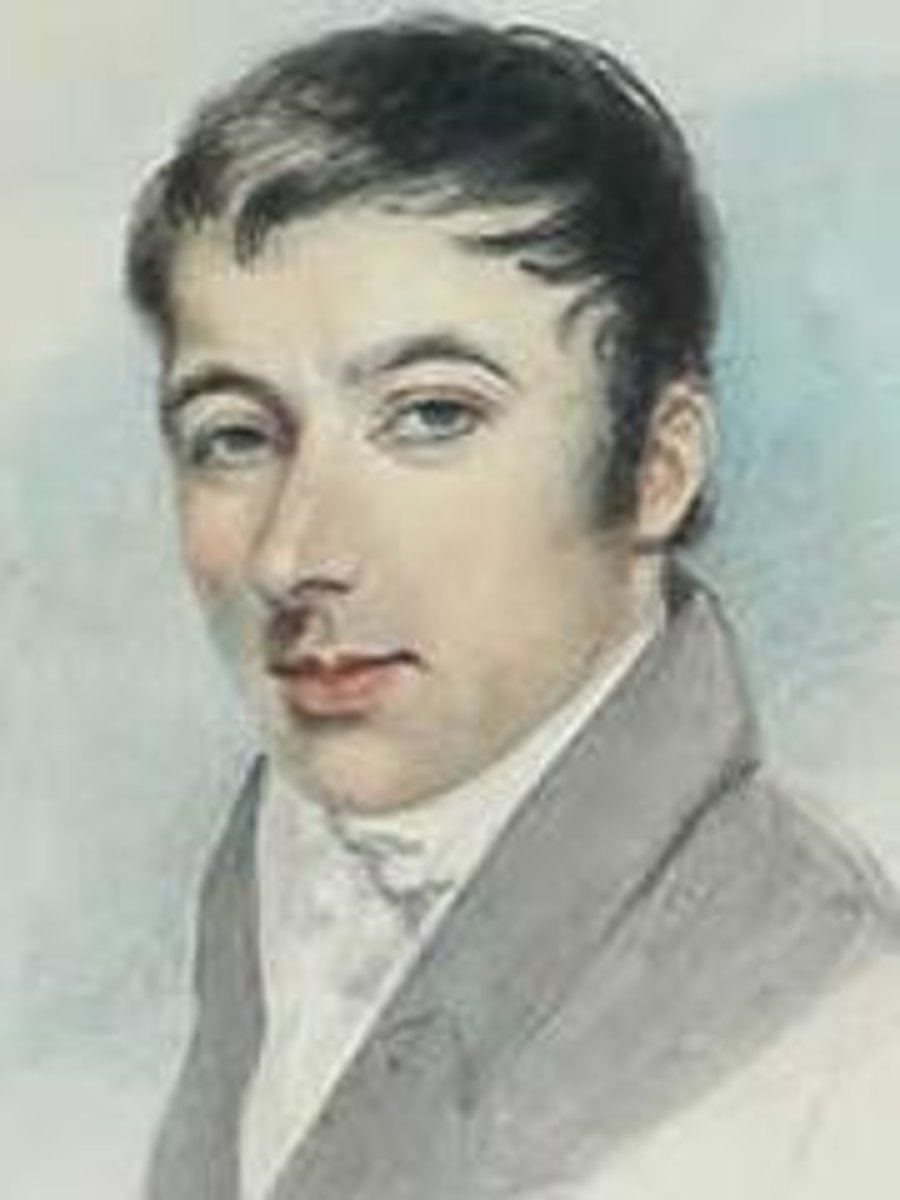Social Studies 30-2 : Chapter 6
1/35
There's no tags or description
Looks like no tags are added yet.
Name | Mastery | Learn | Test | Matching | Spaced | Call with Kai |
|---|
No analytics yet
Send a link to your students to track their progress
36 Terms
democratic socialism
A socialist economy in which the means of production are socially and collectively owned or controlled alongside a democratic political system of government, reject most self-described socialist states, which followed Marxism-Leninism.
Communism
A economic ideology that advocates for a classless society in which all property and wealth are communally owned instead of being owned by individuals

what happened in 1929
The stock market crash is often seen as the catalyst for the Great Depression, which lasted throughout the 1930s. During this period, the U.S. economy contracted significantly, with GDP falling by nearly 30%. Unemployment reached a peak of 25%, and widespread poverty became the norm.

Great depression 1929 - 1939
Reduced prices and reduced output resulted in lower incomes in wages, rents, dividends, and profits throughout the economy. Factories were shut down, farms and homes were lost to foreclosure, mills and mines were abandoned, and people went hungry.
F.D. Roosevelt 1933-45
a reference taken from a campaign speech in which he promised a "new deal for the American people." The New Deal focused on three general goals: relief for the needy, economic recovery, and financial reform.
Universal Healthcare
A health care system in which all residents of a particular country or region are assured access to health care.
Karl Marx
Believed that capitalism, with its emphasis on profit and private ownership, led to inequality among citizens. Thus, his goal was to encourage a system that promoted a classless society in which everyone shared the benefits of labor and the state government controlled all property and wealth

Robert Owen
was an industrialist who believed that business owners could pay their employees well and still make a profit.
He recognized the contributions workers made to the success of his factory.
He improved the lives of his workers by opening schools and providing health care.

Bourgeoisie
The middle class = the social group between the rich and the poor), especially the people thought to have a strong interest in supporting traditional customs and values: The new ideology, which was created by the Industrial Revolution, had money to spend and wanted to travel.
Proletariat
People who earn a wage for a living, especially people who are dependent on manual, daily, or casual labor. The bourgeoisie are those who make their living through property or through ownership of the means of production.
Values of Socialism
"individuals do not live or work in isolation but live in cooperation with one another. Furthermore, everything that people produce is in some sense a social product, and everyone who contributes to the production of a good is entitled to a share in it.
Hoovervilles
shanty towns built during the Great Depression by the homeless in the United States. They were named after Herbert Hoover, who was President of the United States during the onset of the Depression and was widely blamed for it. The term was coined by Charles Michelson.
What was the New Economic Policy (NEP)?
Policy proclaimed by Vladimir Lenin in 1924 to encourage the revival of the Soviet economy by allowing small private business and farming using markets instead of communist state ownership.
Why did Vladimir Lenin introduce the New Economic Policy (NEP)?
To allow ordinary citizens to operate business and property ownership as normal, while the Soviet state controlled 'the commanding heights' of the economy like major industry.
What replaced the New Economic Policy (NEP) in 1928?
Joseph Stalin replaced the NEP with greater state ownership, collectivization, and a series of Five-Year Plans.
Socialism vs. Communism (similarities)
- Collective Ownership: Both advocate for collective or public ownership of the means of production.
Class Struggle: Both emphasize the conflict between the working class (proletariat) and the capitalist class (bourgeoisie).
Anti-Capitalism: Both oppose capitalism and aim to reduce or eliminate private property and wealth inequality.
Focus on Equality: Both prioritize social and economic equality, seeking to diminish class distinctions.
State Intervention: Both ideologies support state involvement in the economy to achieve their goals.
Socialism vs. Communism (differences)
Socialism: Aims for a more equal society with collective ownership but may allow for some private property and markets. Often seen as a stage toward communism.
Communism: Seeks a stateless, classless society with total communal ownership of all property and the end of capitalism.
Role of the State:
Socialism: The state typically plays a significant role in managing resources and industries to ensure fairness and equality.
Communism: In its ideal form, the state "withers away" after achieving classlessness, leaving no central authority.
Transition:
Socialism: Often seen as a transitional phase where the state still exists to redistribute wealth and manage the economy.
Communism: The ultimate goal, where all property is shared communally, and there is no need for government or laws.
Economic Structure:
Socialism: May still include markets and wage labor but with heavy regulation to prevent exploitation.
Communism: Abolishes markets, money, and wage labor, aiming for direct communal production and distribution based on need.
Historical Importance of the Great Depression -New Deal
President Roosevelt's relief, recovery and reform program. Laws were past to create more social programs and the gov't spent money on major works.
Historical Importance of the Great Depression - What did it help create?
5. Many jobs are created both as soldiers and in the manufacturing of weapons, vehicles (jeeps, tanks, planes), uniforms...
The Great Depression may be considered the beginning of the welfare state.
The gov't must regulate the economy to prevent problems.
The gov't must provide a social safety net for its citizens.
The gov't must "prime the pump". The gov't must be active in getting the economy going (Keynesian Economics).
Who is Tommy Douglas
In Canada, the CCF (later the NDP) was the first North American socialist party.
Tommy Douglas, a CCF member, brought in Canada's first publicly funded health care system in Canada.
What was the New Deal?
What was the New Deal?
Relief (social programs such as pensions, welfare)
Recovery (job creation programs)
Reform (new laws to run the economy better)
What is Utopian socialism?
Socialist ideas and movements envisioning ideal societies where people live in harmony, share resources, and work cooperatively for the common good.
How did Utopian socialists believe society could be transformed?
Peacefully through the creation of small, perfect communities or reforms, focusing on moral and ethical changes rather than class struggle or revolution.
Who are some famous Utopian socialists?
Robert Owen, Charles Fourier, and Henri de Saint-Simon.
Why were the ideas of Utopian socialists considered 'utopian'?
Because they were often seen as unrealistic or idealistic.
Why did the stock market crashed in 1929?
People were overconfident and bought too many stocks, believing prices would always go up. Many borrowed money to buy stocks, but when prices dropped, they couldn't repay their loans. The economy wasn't as strong as the stock market seemed—some industries were struggling, and wages weren't keeping up.
Panic selling made things worse when everyone rushed to sell their stocks at once.
Banks lost money in the stock market too, leading to many bank failures.
why did the banks closed down during 1929?
They lost money in the stock market crash.
People rushed to withdraw their savings (called a "bank run") because they feared the banks would fail.
Banks didn't have enough cash to give everyone their money, since much of it was tied up in bad loans or investments.
Many loans weren't repaid, causing banks to lose even more money.
What lessons were learned during the great depression?
Banks need better protection: Governments introduced systems like deposit insurance to protect people's savings if banks fail.
Regulate the stock market: Rules were created to prevent risky practices like excessive borrowing (buying on margin) and insider trading.
Government needs to step in during crises: The government learned that it must play a role in boosting the economy through public programs and helping struggling businesses and people.
Diversify the economy: Over-reliance on one sector (like agriculture or industry) can lead to disaster if that sector fails.
Avoid overconfidence: The boom before the crash showed the dangers of assuming prices will keep rising forever.
why did the great depression ended?
the New Deal helped create jobs, build infrastructure, and support businesses, slowly boosting the economy.
World War II greatly increased demand for goods and services, as countries needed supplies for the war effort. This created millions of jobs and increased production, helping the economy recover.
Increased government spending during the war helped jump-start economic growth, and many industries grew rapidly to meet wartime needs.
Canada's first elected socialist government
Tommy Douglas
Laissez-Faire Capitalism
an economic philosophy advocating minimal government intervention in the economy. The belief is that free markets, through competition and individual entrepreneurship, lead to efficient outcomes and economic growth. Under this system, businesses operate with little regulation, and prices are determined by supply and demand.
Classical Liberalism
a political ideology that emerged in the 17th and 18th centuries, emphasizing individual liberty, limited government, free markets, and the rule of law. It advocates for civil liberties, political freedom, and economic freedom, believing that individuals are best positioned to make decisions about their lives and that the role of the state should be restricted to protecting these rights.
Modern Liberalism
an evolution of classical liberalism that arose in the late 19th and 20th centuries. It incorporates a broader understanding of individual rights and social justice, advocating for a more active role of government in addressing social issues, economic inequality, and the welfare of citizens. Modern liberals support policies such as universal healthcare, education, and environmental protections while still valuing individual freedoms.
Mercantilism
an economic theory and practice prevalent in Europe from the 16th to the 18th centuries, focusing on the idea that a nation's power is directly related to its wealth, particularly gold and silver. These policies promote government regulation of the economy, protectionist trade policies, and the accumulation of capital through trade surpluses. The goal is to strengthen the national economy by maximizing exports and minimizing imports.
Liberal Democracy
a political system characterized by free and fair elections, the protection of individual rights and freedoms, and the rule of law. It combines the principles of liberalism—such as civil liberties and political pluralism—with democratic governance. In a liberal democracy, governments are accountable to the people, and there are safeguards against the abuse of power, ensuring that minority rights are respected.